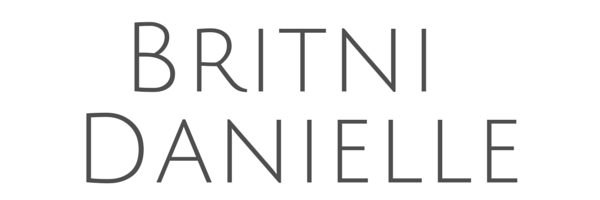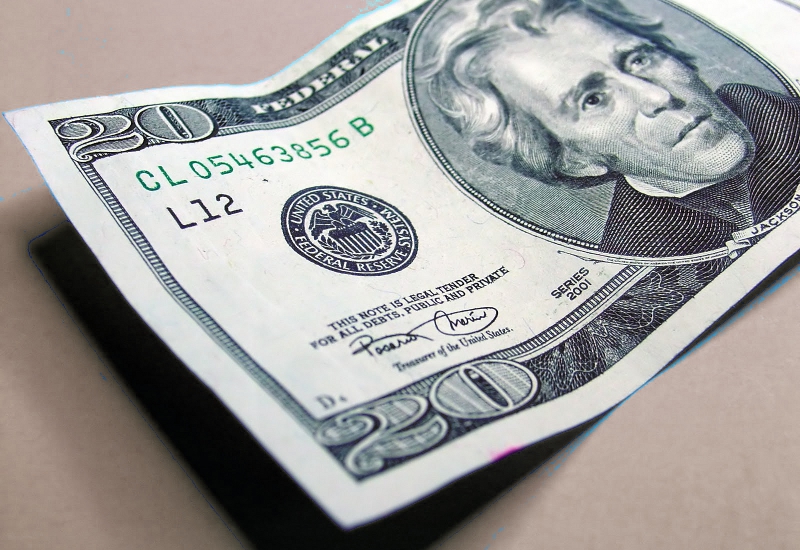Do you know how much you’re worth? No, I’m not talking about your worth in terms of your value as a person, but in terms of your marketable skills or your importance as an employee or freelancer, do you know how much money you are worth?
An interesting thing happened to me last week. I was contacted by a publication I’ve worked for many times to do on-camera interview a celebrity. The gig would require me to do everything I normally do when interviewing someone—research the details, create questions, meet them in person, and think on my toes to come up with follow-up questions. The only difference was that I wouldn’t have to transcribe the interview and write it up.
After the editor mentioned the details of the shoot, she predictably asked, “So how much would you charge for that?”
I kinda panicked. When faced with this question in person (or over the phone), I tend to stumble, doubting just how much my skills are worth.
For this assignment, I told her I’d be able to do the gig for $150. Not bad for a 30 minute interview and an hour or so of travel time, right?
Wrong!
The price I really wanted to quote her was $200, but I undercut myself because I was scared she’d find another writer if my price was too high.
This is a very common mistake, especially for women.
According to a recent survey by LinkedIn, only 26% of women feel comfortable negotiating their salaries, compared to 40% of their male counterparts, and when it comes to being a freelancer, many of us routinely sell ourselves short just to secure clients.
Although I know my kneejerk reaction to lower my price couldn’t have been unique, I posed this very question on Twitter and Facebook anyway. And just as I thought, folks were selling themselves short and routinely slicing the price they charged for their services.
But why?
It all boiled down to fear.
Most said they are afraid to charge too much, worried about scaring off potential clients, or scared to ask for the salary they feel they’re worth because the job market is so treacherous employers may simply find someone cheaper.
While these fears may be valid, in order to get paid what you’re worth you have to push past your anxiety and tell folks what you want anyway.
Scary, I know. But unless you want to regret selling yourself short (like I did), you’ve got to become familiar with the art of negotiation.
Luckily, there are resources out there to help. Aside from tons of books on how to get paid what you’re worth, there are countless blog articles giving tips and tricks to negotiating. And because I’m a little cheap (hey, I’m a freelancer), I prefer collecting all sorts of free knowledge.
One resource is Ramit Sethi’s blog I Will Teach You To Be Rich. In it he has a wealth of negotiation tips for everything from salary negotiations to lowering your phone and cable bills. But there’s one technique he created that has helped many of his readers score salary increases and lucrative freelance contracts. He calls it “the briefcase technique.”
I’ll let him explain it:
Asking for what you’re worth can be a scary proposition, but being a #GOALDigger ain’t always easy. Instead of realizing the publication came me because they already knew I was a valuable interviewer and quoted a price I felt comfortable with, I blinked and regretted the lowered amount as soon as it left my lips.
I was reminded again that there are few things worst than regret and feeling like you aren’t being valued enough. So from here on out folks, let’s make a pact to ask for what we want and negotiate from a stance of power instead of fear so we can reach our goals…with a few more dollars in our pockets. Cool?
Have you ever sold yourself short? Why?


I needed this article in my life! I am GUILTY of undercharging myself and end up overworking for the client. Thanks Brit!!
How do you know what you are worth if it’s the first time you are accepting pay for your services? Is there some handbook for independent contractors and freelancers that defines what is reasonable? This article was awesome because I feel like a lot of us who are used to providing our services for exposure wouldn’t know how to price their services!
Hey,
Well there are some sites like Mediabistro & Salary.com that can give you an average rage. But I’d say go with your gut. My gut told me $200 and I flinched. The same thing happened last year when I was asked to speak on a pannel at a college and they asked if I had a speaker’s fee. After thinking about it, I told them $500. I was temped to cut it down, but I stuck with my guns (because we talked via email lol). They met my fee and it was all good.
pretty good insights. I’ll be sure to stop by and read more from you. thanks.
Thank you for that information!!! I’m def gonna check out those sites and figure out what sounds reasonable via my gut!!! Great Post! I love posts like this!!!
This is a very real issue. I’ve written about it before as well. People often talk about knowing your worth in the personal sense but it’s equally important in the professional sense. Too often we fall into the “some money is better than no money” trap and quote a price that we think people will pay rather than what our time and expertise are worth. One great tip I received from a business coach is to not assume what people can afford. Easier said than done, I know.
Don’t “assume what people can afford”
Great tip, indeed!
I tell all people who are interviewing for a position to :
1. Research the position (or similar ones) on the Department of Labor website
2. NEVER answer an interviewer when they ask, ” how much are you looking to make?” …ALWAYS turn the question back on them and ask ” what is the salary range for the position?”. It is OK to do that.
#2 is a GREAT tip. Thanks Toney!
I use WritersMarket.com’s guide, “How much should I charge?” but I’ve also learned that what you’re worth sometimes doesn’t matter when you’re in a market that just doesn’t pay well and even very talented and seasoned staff writers are paid pennies.